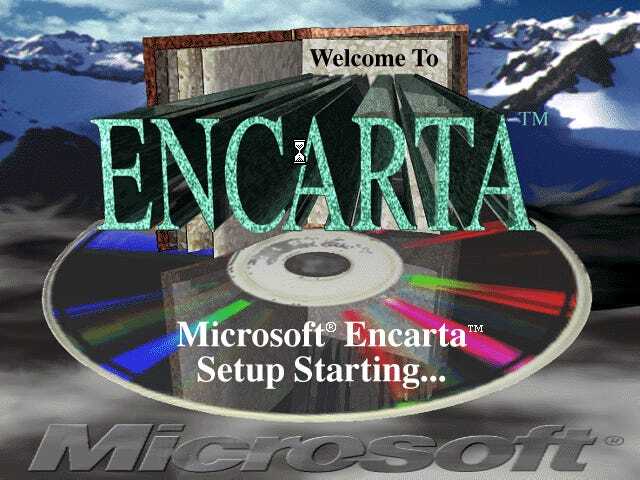- cross-posted to:
- hackernews@derp.foo
- cross-posted to:
- hackernews@derp.foo
In 1985, shortly after the release of Windows 1.0, Bill Gates set Min Lee on a mission to find a partner for a digital encyclopedia product that would serve as a reference companion to Microsoft’s productivity applications. Lee then approached Britannica, the undisputed leader in the encyclopedia market, who’d recently released a new version of the fifteenth edition of their encyclopedia. Microsoft proposed a partnership to produce a multimedia CD-ROM version of the Encyclopædia Britannica. In exchange for non-exclusive rights to Britannica’s text, Microsoft would pay Britannica a royalty on each copy of the CD-ROM product sold. Britannica immediately declined Lee’s proposal.



Not seeing the unfortunate angle to this…
I can see the writer’s point with regard to Encarta being a much more interactive experience that you don’t get with the likes of Wikipedia, but you’re right, it’s not that unfortunate that knowledge is being shared by Wikipedia for free